[TCA Student Seminar] From Simulations to Spectra: Investigating AGN Wind-Disk Interactions and Asymmetric Galactic Outflows / Irradiation Bias in Dynamical Mass Determination
The NCTS Astrophysics group (TG2.3) is holding the monthly student seminar series. These provide opportunities for the domestic students to share their work and practice giving live talks.
Please find the schedule listed in the tabulation below. Each seminar starts at 12 p.m. and takes place in the NCTS Physics 4F Lecture Hall, Cosmology Hall, NTU.
For more detailed information regarding each seminar, please see it in the section below the tabulation a week before the seminar.
| Date | Speaker 1 | Affiliation | Supervisor | Speaker 2 | Affiliation | Supervisor |
| 2025/7/24 | Pon-Yin Wang | TKU | Hsi-An Pan | |||
| 2025/8/22 | Tsung-Han Chuang | NTNU | Yueh-Ning Lee | Jyun-Heng Lin | NTHU/ASIAA | Chin-Fei Lee |
| 2025/9/26 | Chiung-Yin Chang | NTHU | Hsiang-Yi Karen Yang | Huan-Ping Chao | NCKU | Kwan-Lok Li |
| 2025/10/31 | Yi-Yang Lee | NTHU | Hsiang-Yi Karen Yang | Prangsutip Cherdwongsung | NTHU | Ing-Guey Jiang |
| 2025/11/28 | Yu-Xuan Nancy Lin | NYCU | Shih-Ping Lai | Tz-En Gau | NTU | Chia-Yu Hu |
| 2025/12/26 | Szu-Ting Chen | NTHU | Shin-Ping Lai | Afif Ismail | NTNU | Hung-Yi Pu |
Time: 2025/09/26 (Fri.) 12:00-12:30
Place: NCTS Physics 4F Lecture Hall, Cosmology Hall, NTU
Talk Title: From Simulations to Spectra: Investigating AGN Wind-Disk Interactions and Asymmetric Galactic Outflows
Speaker: Chiung-Yin Chang (NTHU)
Abstract:
We use 3D special relativistic hydrodynamic (SRHD) simulations to study AGN-driven winds in a disk galaxy. Our results reveal an early-stage (t ~ 0.1 Myr) asymmetry in bubble formation, with one bubble reaching velocities up to 2000 km/s while the other remains underdeveloped due to interactions with the clumpy disk. This aligns with JWST observations of NGC 7469, which show a circumnuclear starburst ring and one-sided high-velocity outflows. To explore observational signatures, we generate mock spectra using TRIDENT, finding that the asymmetry is detectable in the [NeV] line at optical wavelengths, as TRIDENT produces spectra comparable to HST rather than JWST. Phase diagrams suggest that matching observed emission requires the disk density in our simulations to be at least an order of magnitude lower. These findings provide insight into AGN wind-disk interactions and offer a potential explanation for the asymmetric outflows in NGC 7469.
Time: 2025/09/26 (Fri.) 12:30-13:00
Place: NCTS Physics 4F Lecture Hall, Cosmology Hall, NTU
Talk Title: Irradiation Bias in Dynamical Mass Determination
Speaker: Huan-Ping Chao (NCKU)
Abstract:
We have developed a Python tool to simulate the optical observations of tidally locked companions in compact binary systems, based on the Roche potential and the Göttingen spectral library. The tool generates phase-resolved spectra from arbitrary viewing angles. With these simulations, we investigate the impact of irradiation on the observed center of light and assess the resulting biases in dynamical mass measurements of the compact primary. For a system analogous to PSR J0952−0607, our results show that irradiation shifts the center of light inward, reducing its effective radius by about 6.3% compared to a non-irradiated model. This bias indicates that fitting observations of irradiated systems with non-irradiated models systematically underestimates the mass of the compact primary.
Register for Lunch Box: https://forms.gle/ABb2VD3hd2vxTYqAA


